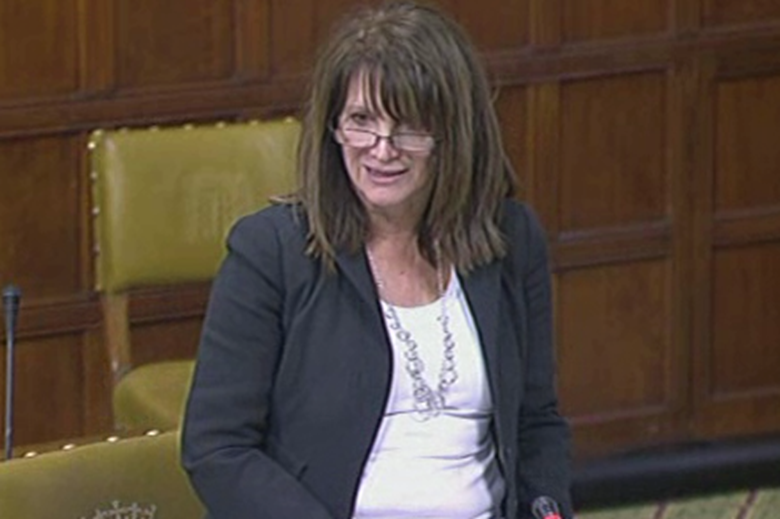Government to fast-track legislation for mandatory FGM reporting
Neil Puffett
Friday, January 30, 2015
The government intends to change the law to make reporting suspected cases of female genital mutilation (FGM) mandatory prior to May's general election.

Speaking in parliament yesterday during a debate on the issue, crime prevention minister Lynne Featherstone said the Home Office is currently considering responses to a consultation on the issue that closed earlier this month.
She said the department is still to decide what the sanction for failing to report FGM will be, but added that the government intends to respond to the consultation soon, with a view to legislating in the current session of parliament, which ends on 30 March at the latest.
Featherstone said police forces in England are already experiencing a huge rise in numbers of FGM cases being reported to them, but wants to see it rise further.
West Midlands Police, one of the largest forces in England and Wales, had reports of 118 cases in the first 11 months of 2014, compared with 25 for the whole of 2013 – an increase of 372 per cent – and the Metropolitan Police has experienced a similar increase in reports.
Featherstone said the introduction of mandatory reporting will “bring clarity for frontline professionals”, encouraging higher levels of reporting.
“At the moment, the situation is very difficult because there are always two halves to a professional,” she said. “One of those is to protect, to care and to worry about things; that may lead to a fear that if a report leads to police action or a police referral, that will dent, or make more difficult, the caring side of their profession.
“Having a mandatory duty to report should clarify that position and take that onus and burden away from them.”
“Alerting the police to actual cases of FGM will allow professionals to investigate the facts of each case and increase the number of perpetrators apprehended and prosecuted.”
News that the government intends to pursue plans to legislate for mandatory reporting comes despite opposition from within the sector.
Earlier this month, The College of Social Work (TCSW) urged the Home Office to back down on the plans.
The organisation fears that mandatory reporting could lead to child protection teams being “swamped with unsubstantiated cases”.
Annie Hudson, TCSW chief executive, said plans to fast track legislation caused concern.
“We look forward to seeing details of the proposed legislation but it is our view that mandatory reporting is not the most effective or sensible way of protecting people from this form of abuse," she said.
"Social workers and other professionals already have a duty to act on instances of reported or suspected abuse.
"Evidence from other countries suggests that mandatory reporting can lead to services being overloaded with unsubstantiated cases.
"It may make the difficult task of identifying serious cases even harder.
Figures published today by the Health & Social Care Information Centre show that there were 1,946 newly identified cases of FGM nationally between September and December 2014.
In December alone, there were 558 newly identified cases.




